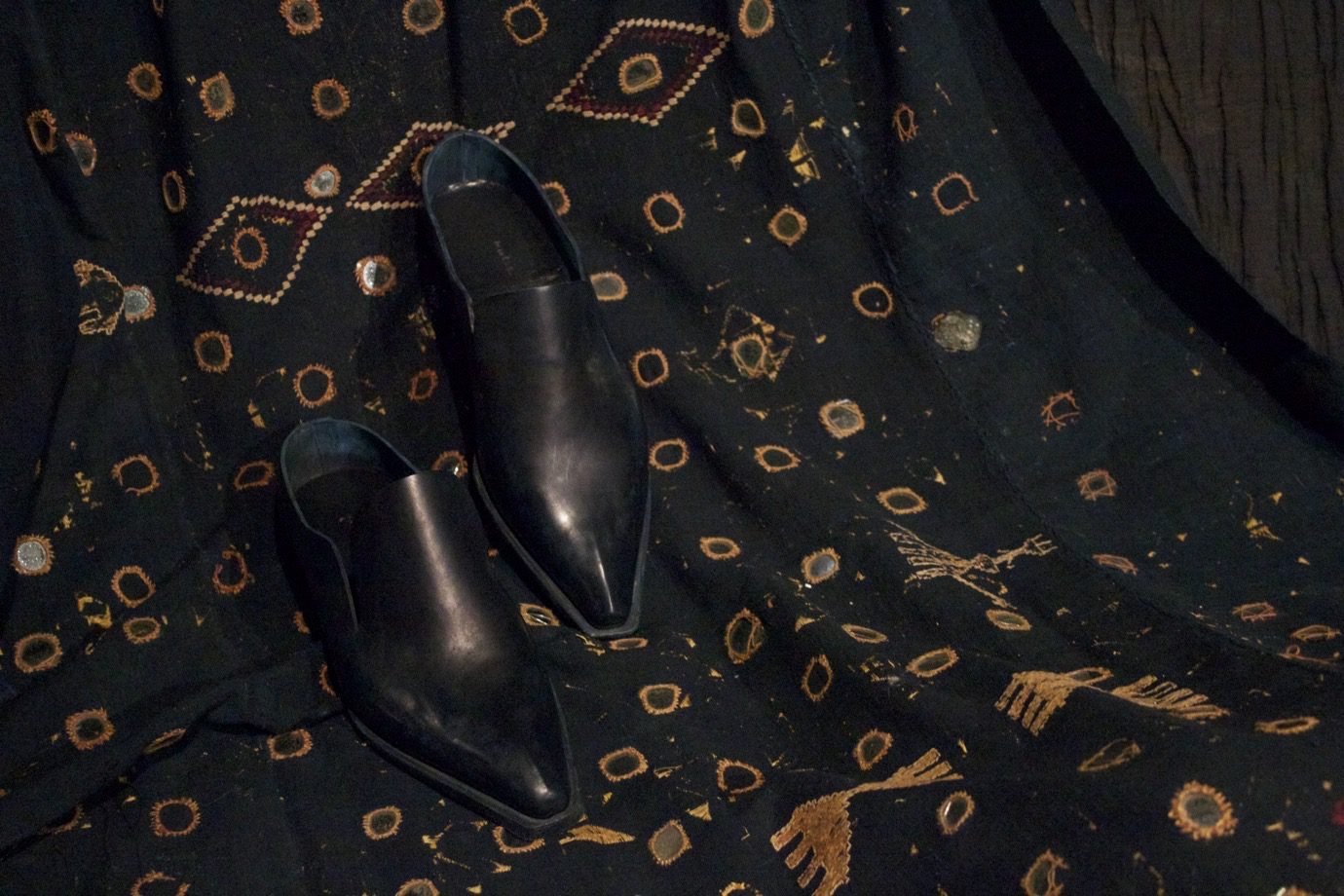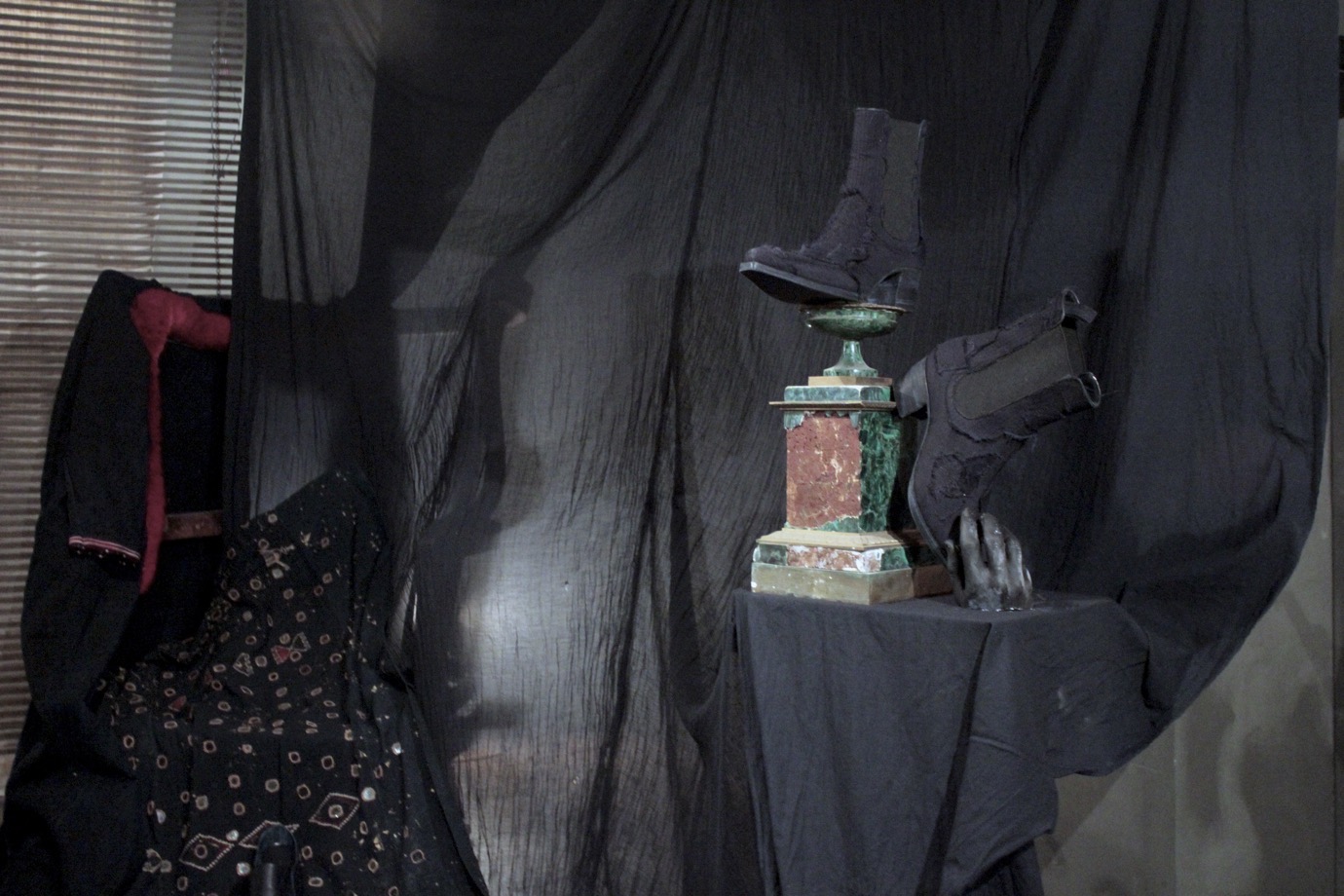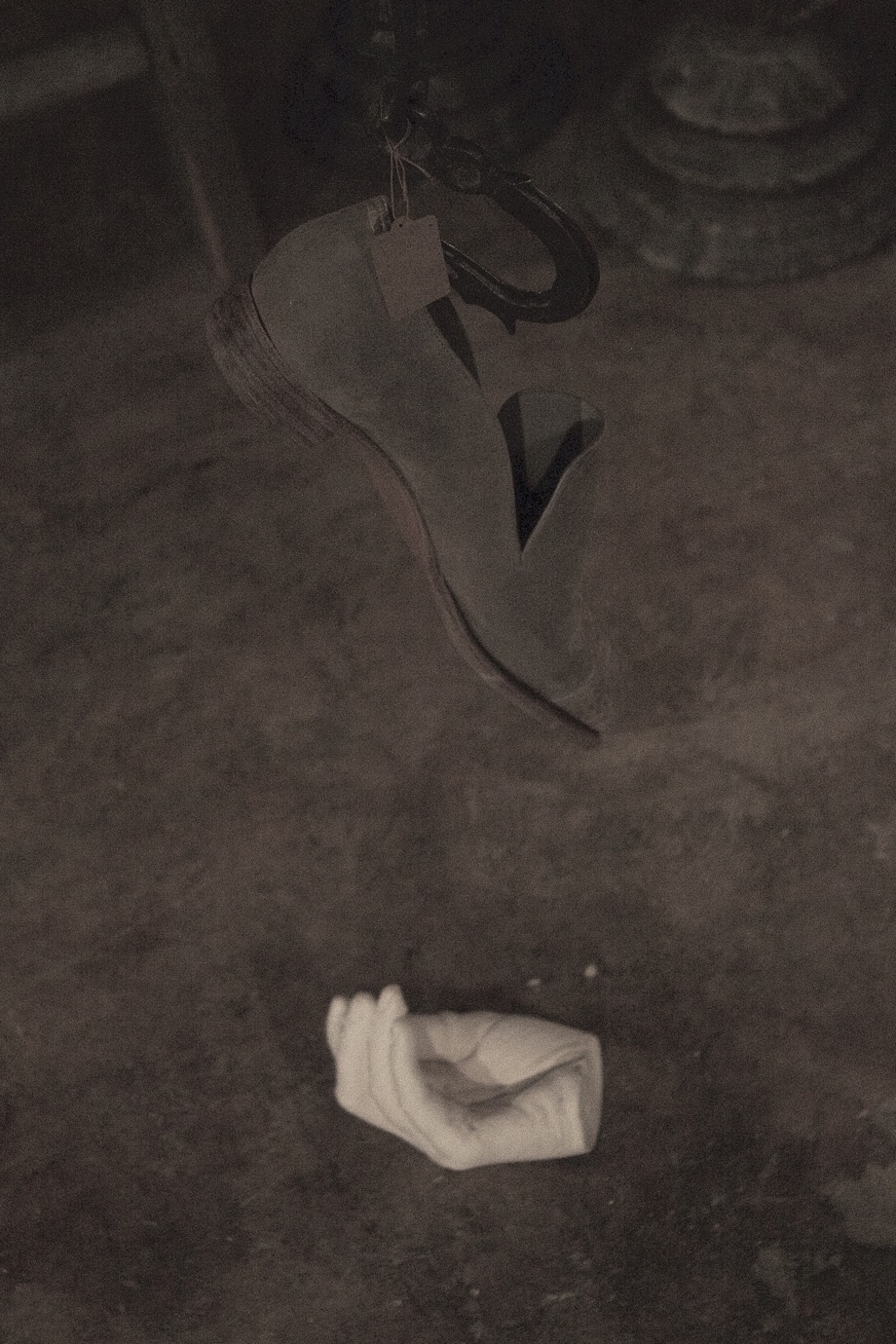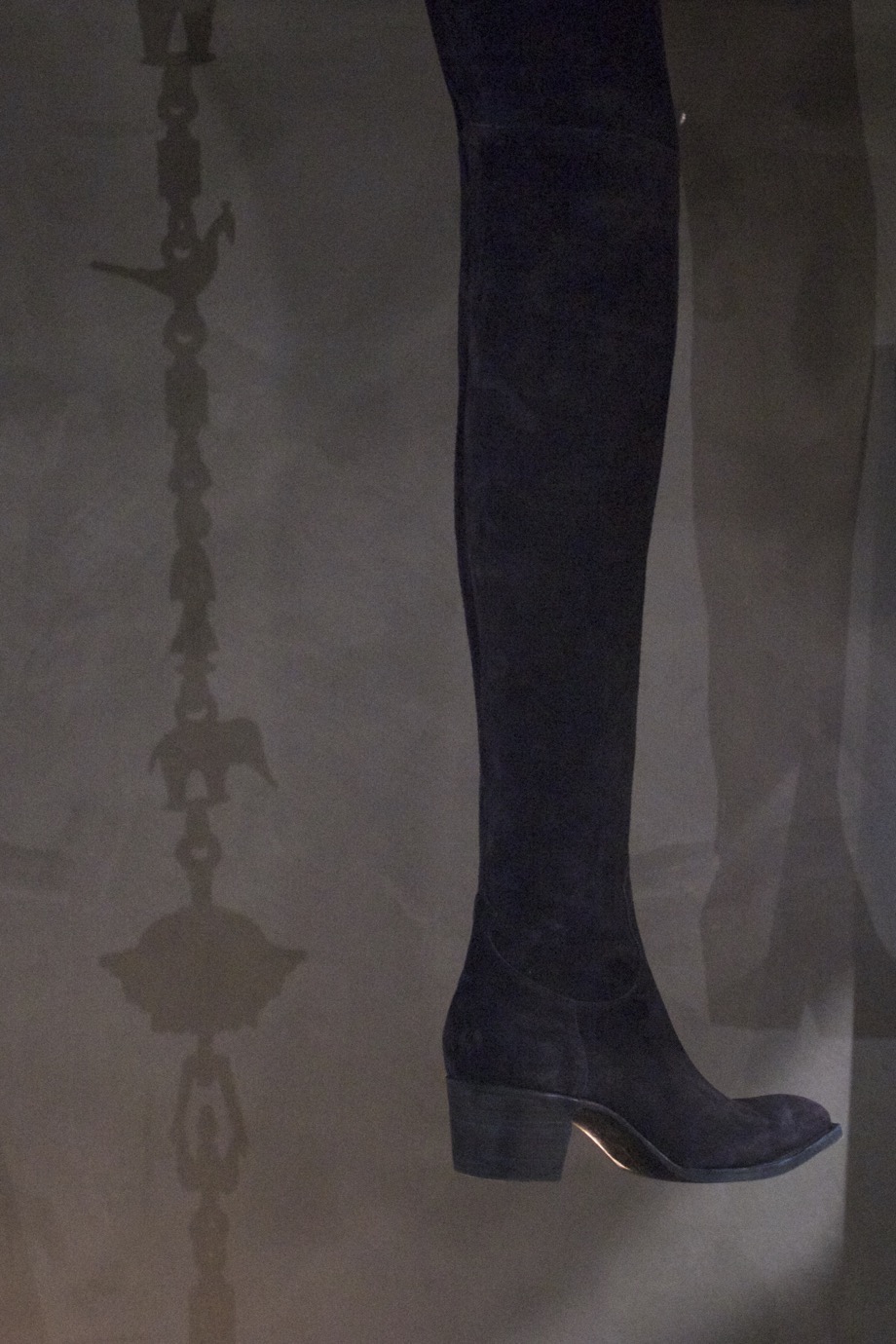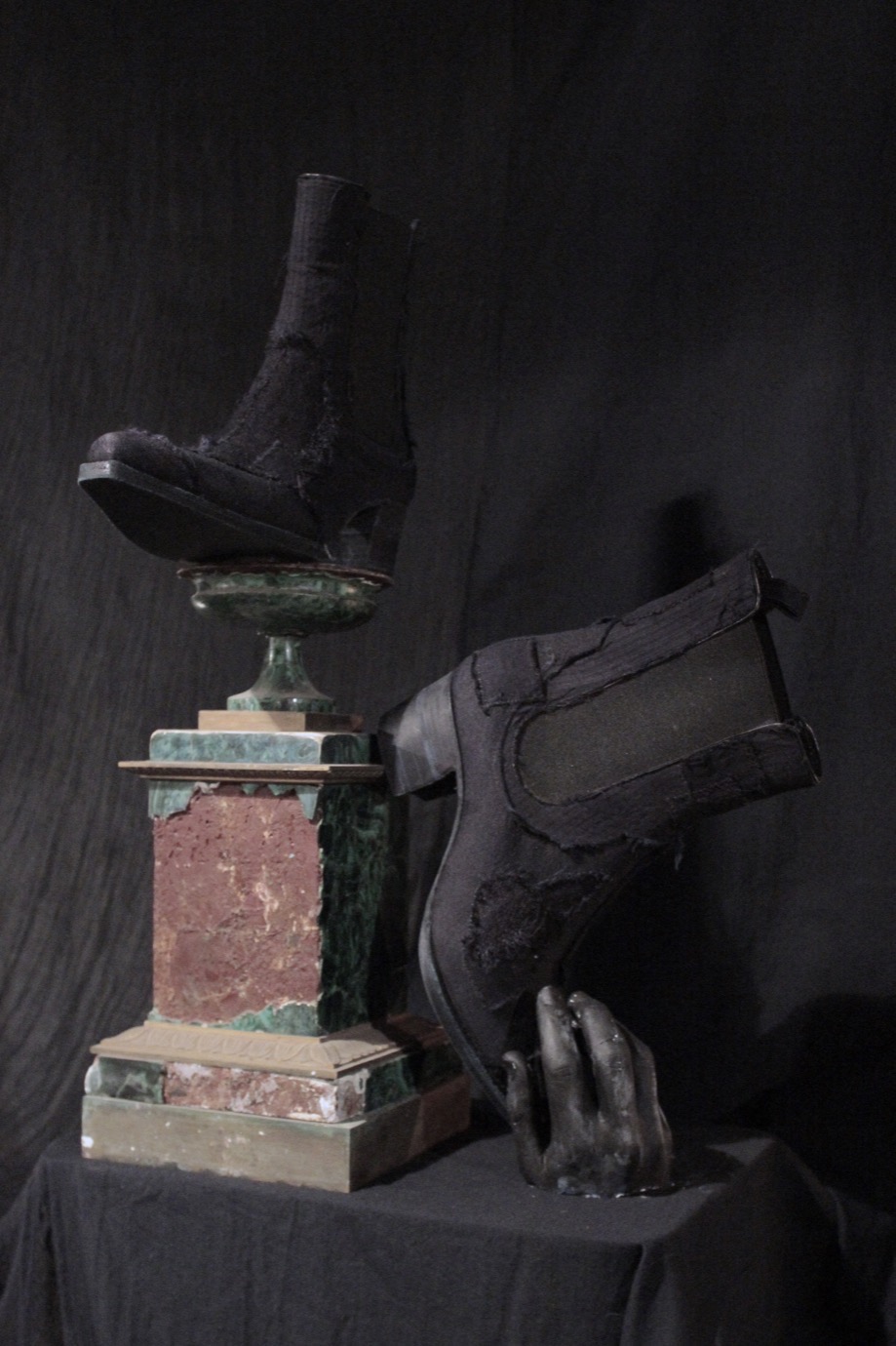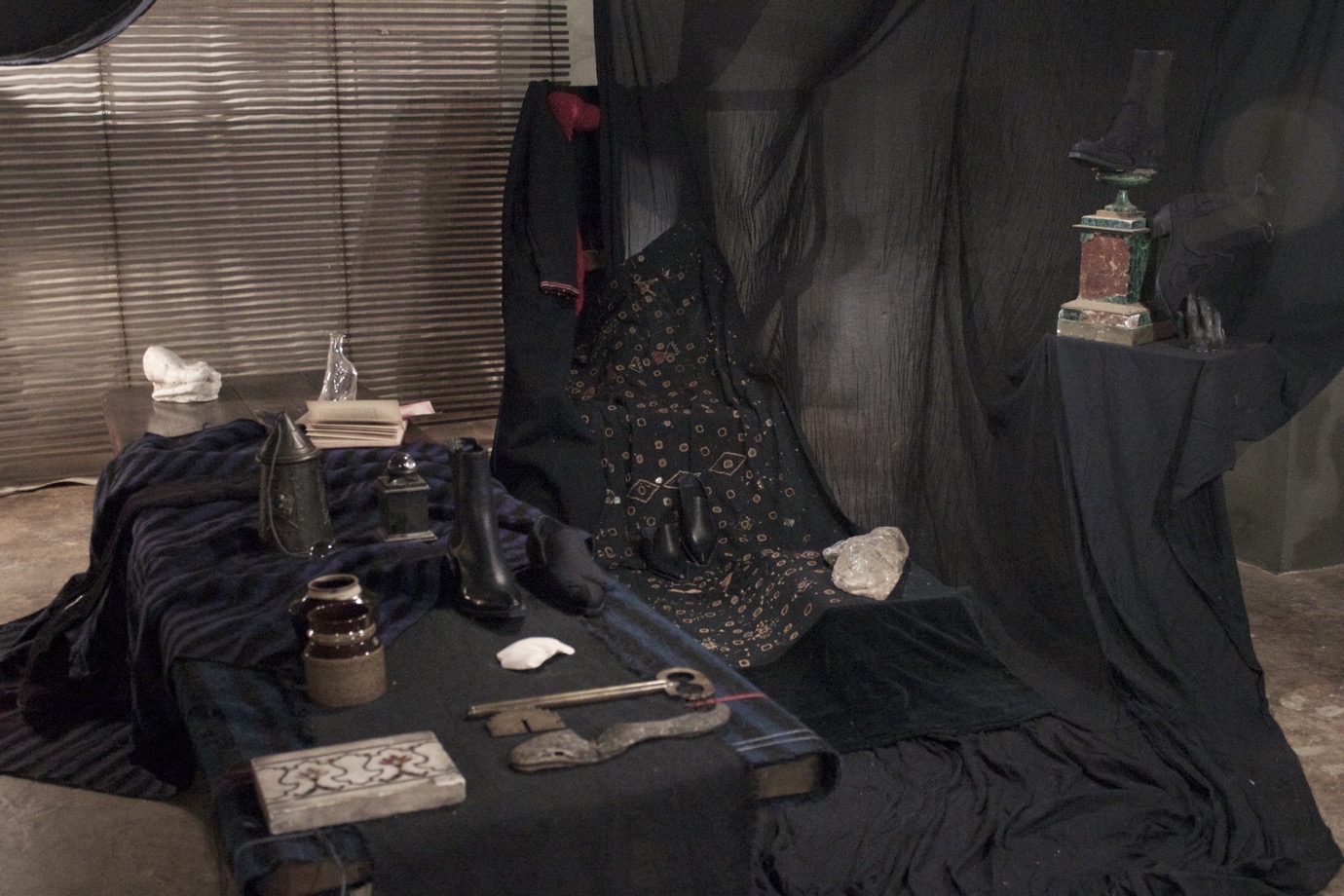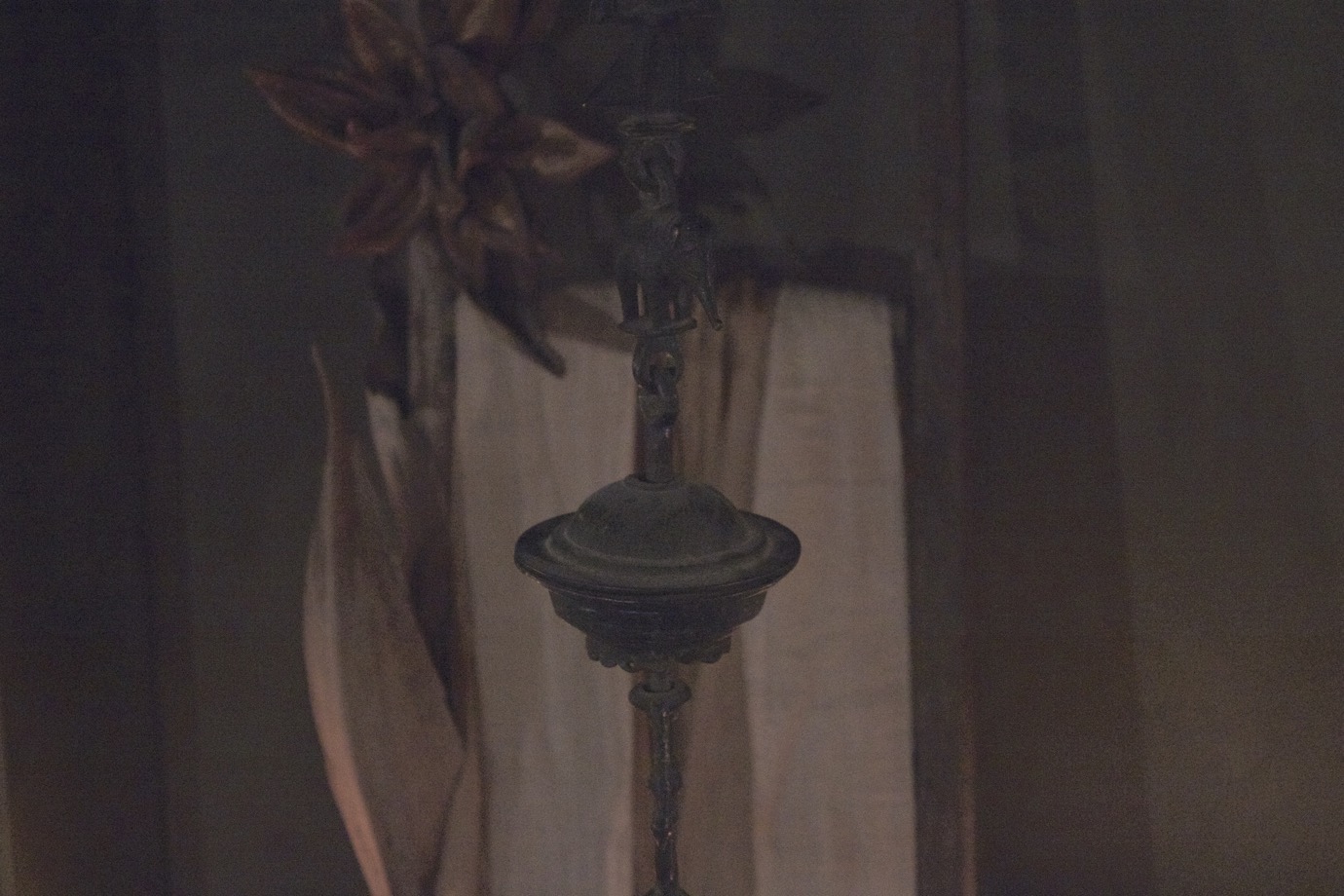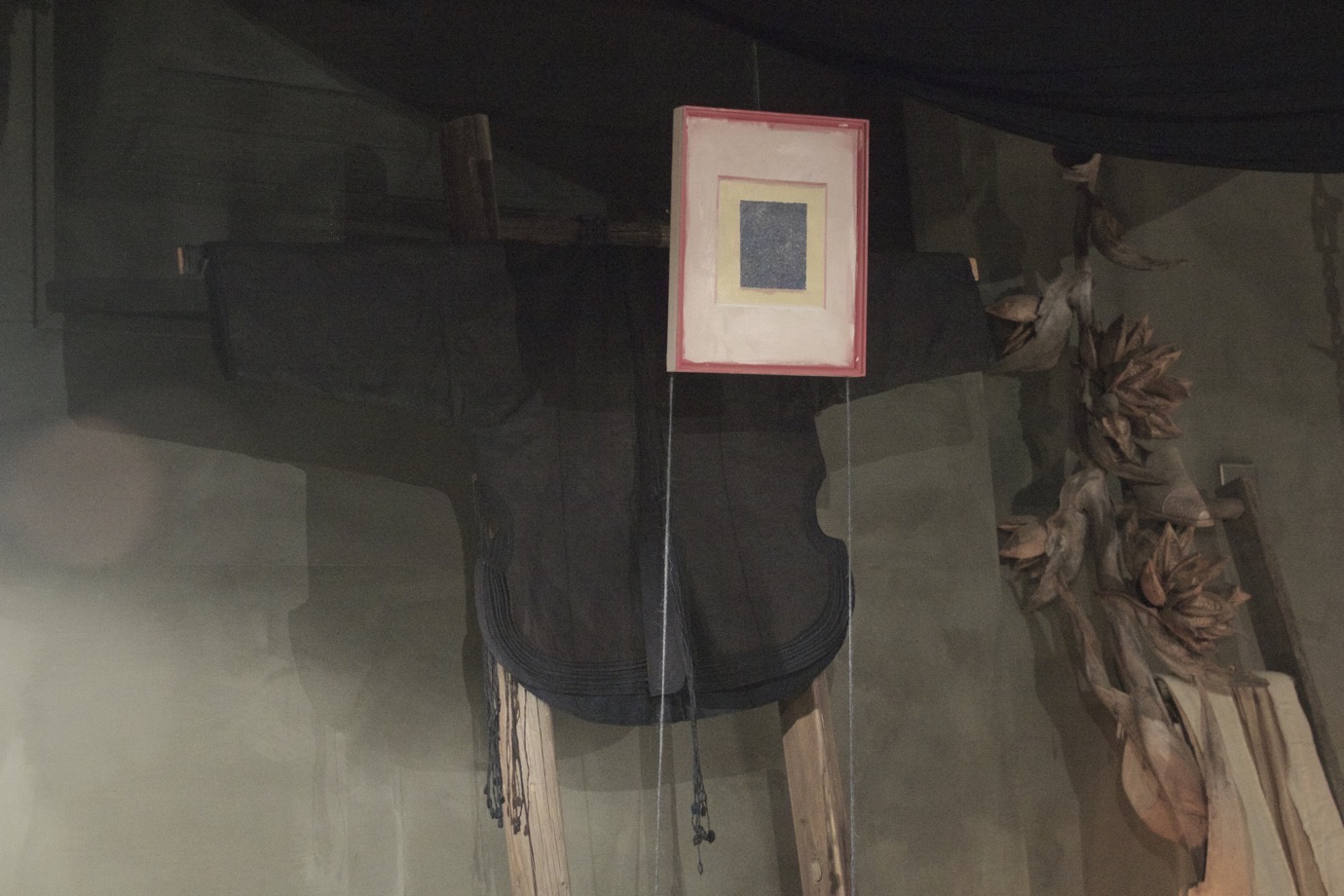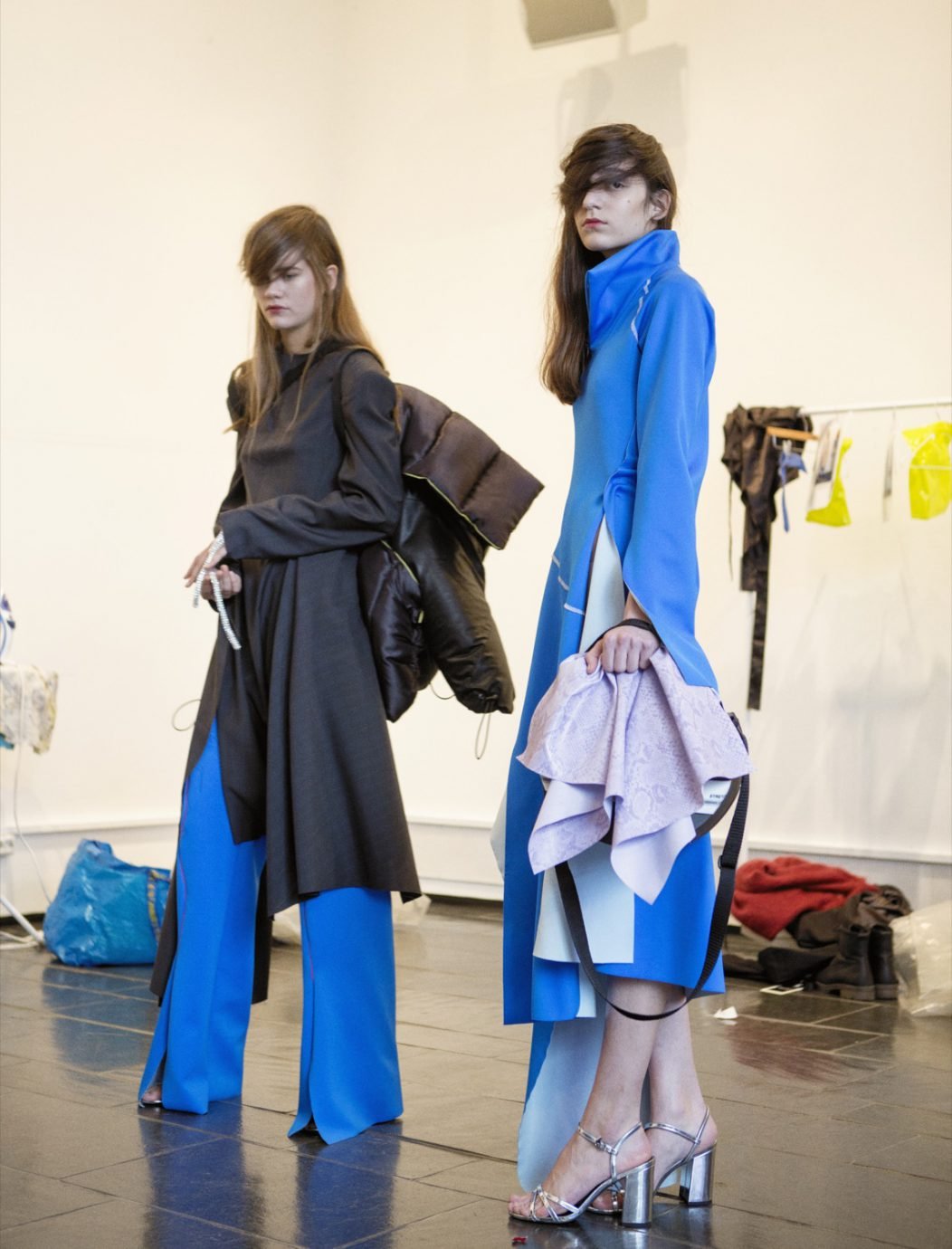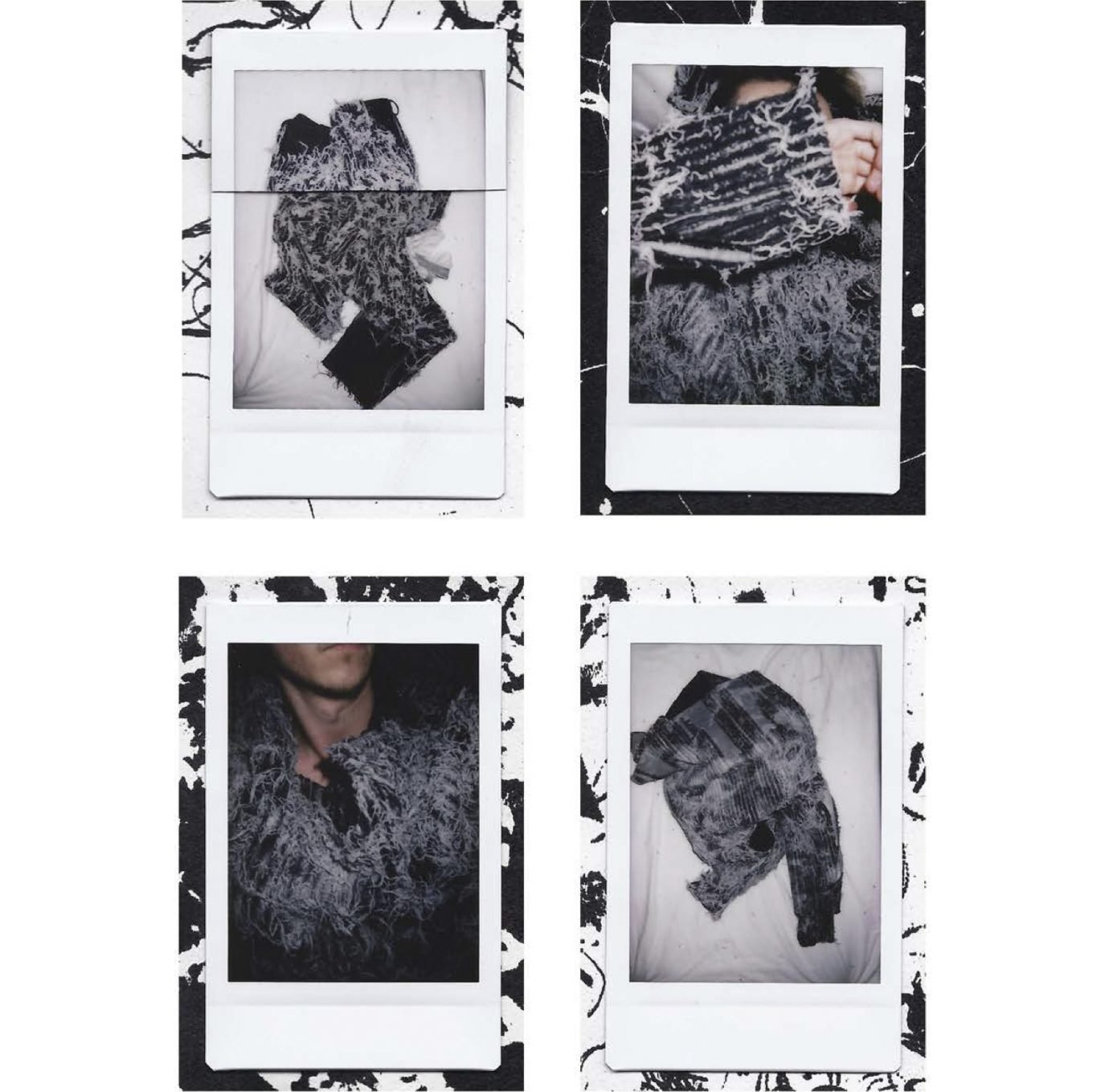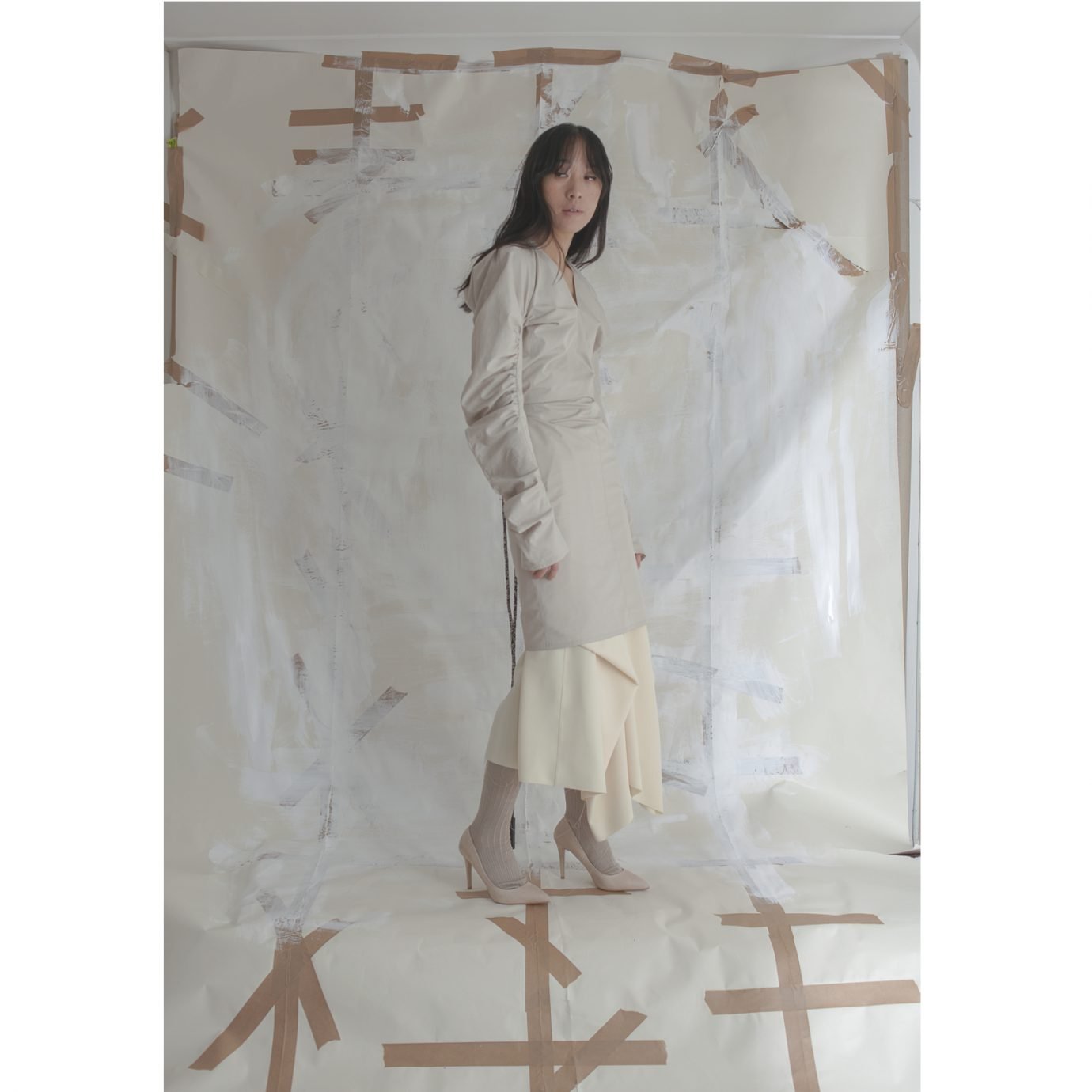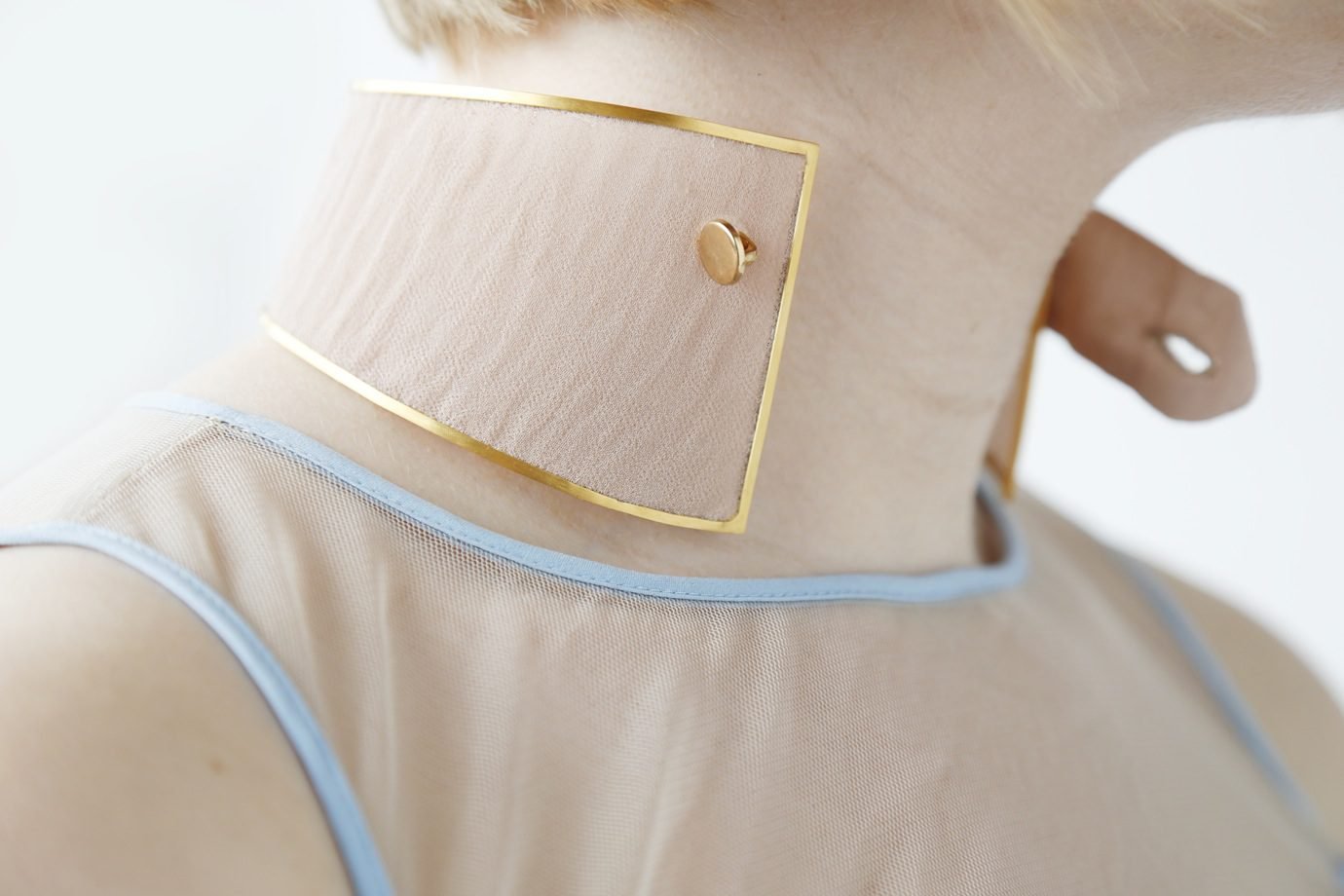It’s a gloomy morning around Vauxhall’s riotous road system, but the nearby Brunswick House Cafe, an idiosyncratic Georgian mansion transformed into a buzzing eatery with antique furniture, nostalgic table booths and Bollywood evergreens in the speakers, remain unaffected. Amidst this neo-bohemian setting, Gabriella Massey and Melissa Thompson of the luxurious, under-the-radar shoe and accessory brand Baba seem to fit in perfectly – dressed in casual black monochrome, drinking ginger tea whilst Melissa’s daughter adventurously explores the location. They both completed a BA in Menswear at Central Saint Martins 5 years ago, before interning at Balenciaga and Lanvin, where they became friends whilst living in Paris. “We’ve always been in each other’s peripheries. I think we always knew that we wanted to work together one day,” they tell me as they sip their tea; “we had a very immediate connection and understanding about one another.”
However, their joint venture Baba, which characterises itself as a high-end, carefully mediated and under-the-radar designer label, was far from a graduate start-up. Both Gabriella and Melissa went directly into high fashion, and spent the first decade of their career gaining experience in the international fashion industry, in England and abroad – Gabriella in design, as a right hand for Edward (of Meadham Kirchhoff), Melissa as assistant for stylists Alister Mackie and Katy England. Although Baba’s design and business strategy opposes many of the processes of corporate and luxury fashion, they far from demonise the industry, as it was essential in shaping their knowledge of the field: “Every single experience, good or bad, was very formative and led us to this point where we finally wanted to launch our own brand and knew what it would stand for,” they begin. “I think it’s really helpful to see the potential of what you can achieve when you have a full atelier to make things.”

